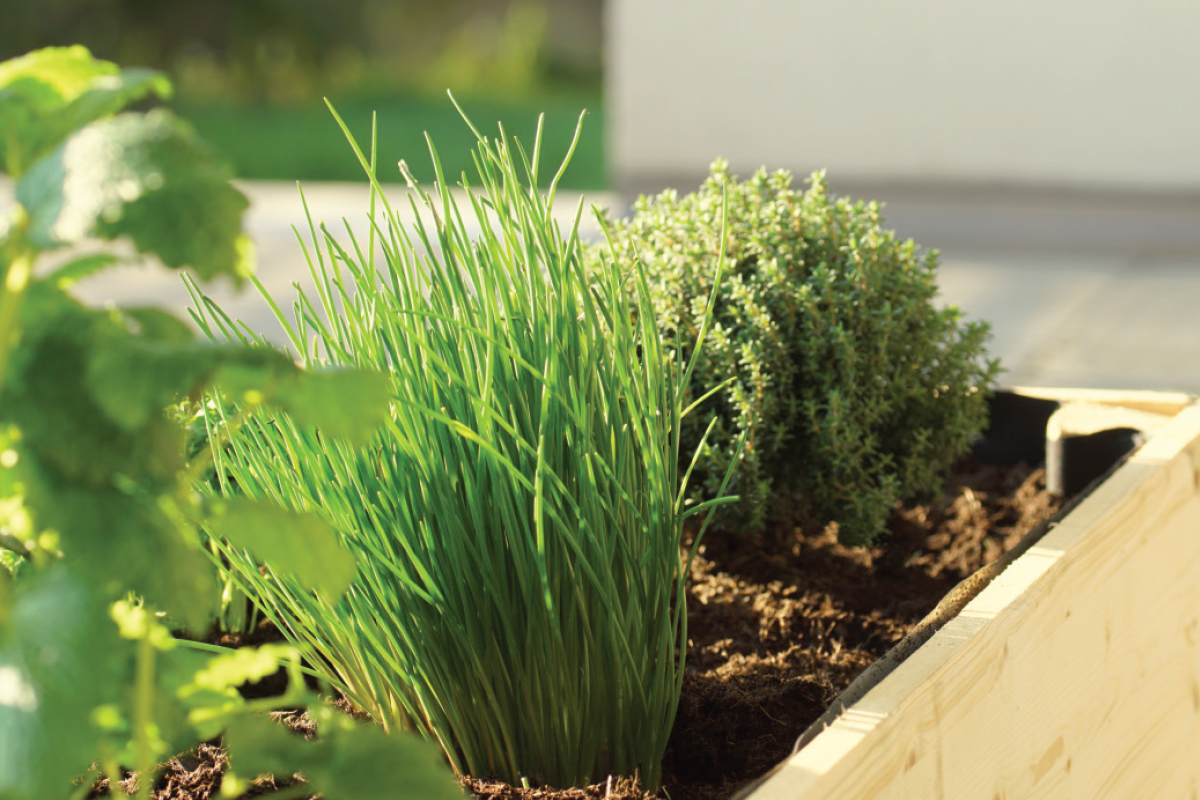Summer garden care
WORDS Matthew Frawley

When the extreme heat and strong winds kick in over summer, it’s hard to maintain a beautiful garden. But Matthew Frawley, Ginninderry’s Landscape and Urban Design Manager, has these easy steps to help make your plants more resilient to Canberra’s harsh summers.
Lawns
WATERING
In summer, water your lawn for longer periods of time but less frequently. For example, it’s better to water 2-3 times a week for 30 minutes each time, than every day for 15 minutes. This will train your lawn to develop deeper roots to access nutrients and moisture. Try to water early in the morning, and never during the heat of the day.
FERTILISING
Regular fertilising of your lawn will ensure it has the right nutrients to survive. Apply a granular fertiliser at the start of December and follow up with another application at the end of February.
MOWING
Regular, high mowing is best for your lawn, both for its health and visual appeal. Different grasses have different cutting heights. As a guide, cut couch no lower than 15mm, buffalo no lower than 25mm and Canberra blend no lower than 60mm.

Gardens
WATERING
As with lawns, longer, deeper watering is best for your plants. The optimum time to water is in the cool of the morning so that your plants have access to good moisture during the heat of the day.
MULCH
Mulching your gardens and pot plants will help to reduce the evaporation of the soil’s moisture. Mulch to a depth of 50-75mm to allow rain and watering to access the soil through the mulch.
PROTECTION OF PLANTS
If you have, or intend to plant, some new vegetables, seedlings or plants, consider installing some protection in the form of a shade cloth for them whilst they get established.
FERTILISING
To provide your plants with the nutrients they need to thrive, apply a slow-release fertiliser and the occasional liquid fertiliser like Seasol.
POT PLANTS
Plants in pots have very limited access to moisture and when the pot heats up, moisture, evaporates more quickly. If possible, shade your pots, cover with a good mulch layer and water so that the whole soil profile is moist. A tray below pots will also help retain some water for the plants to take up when needed.


